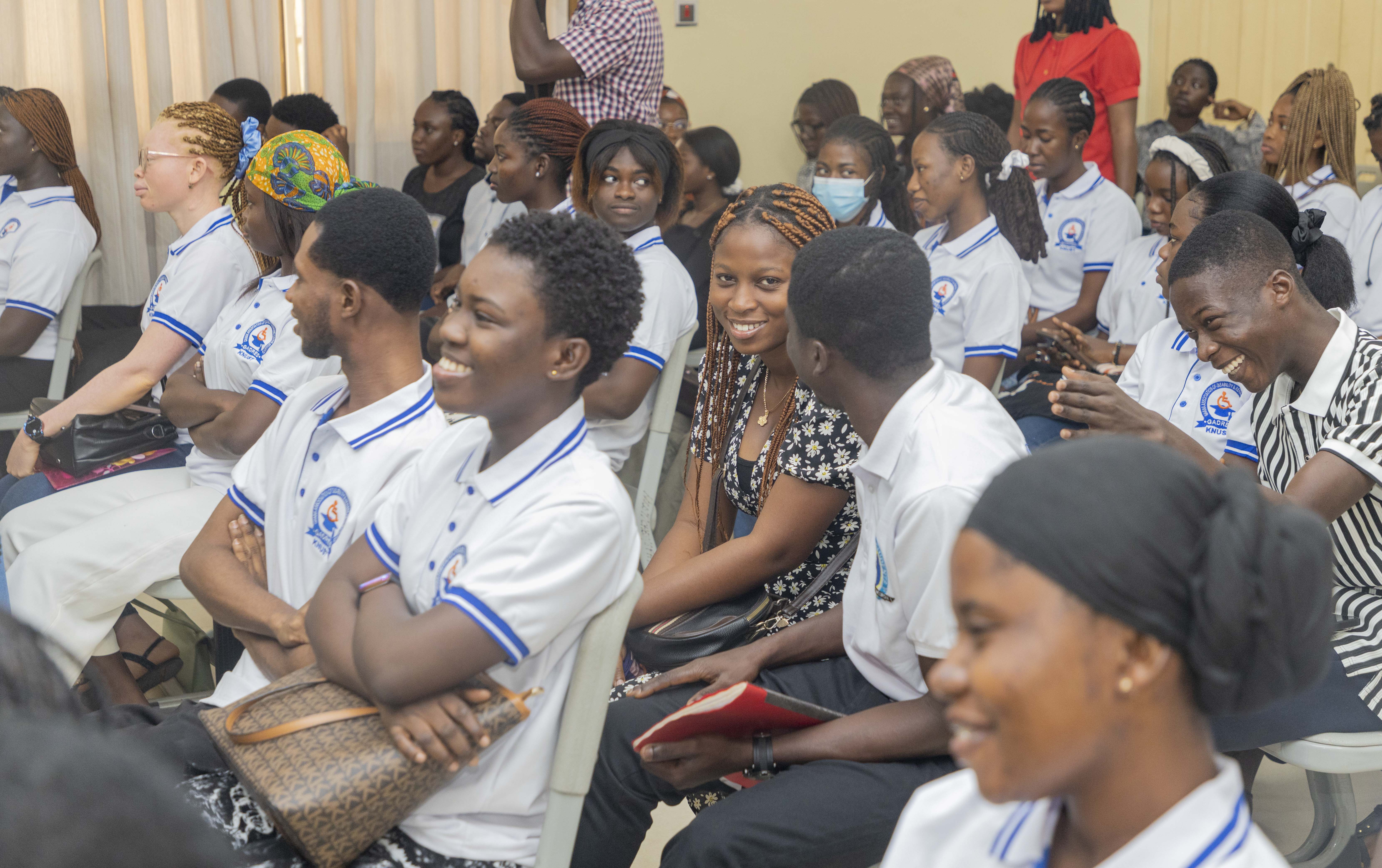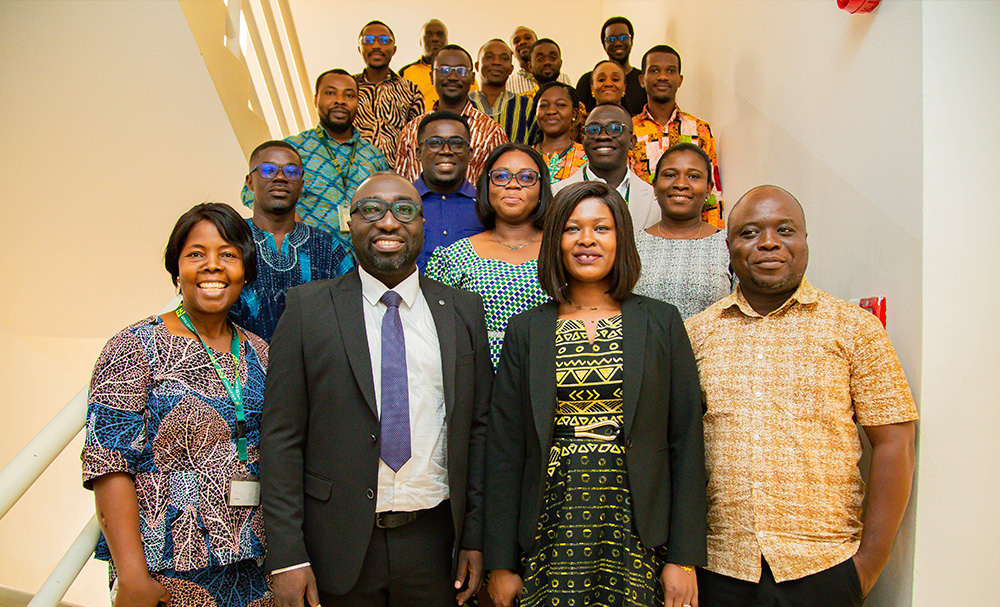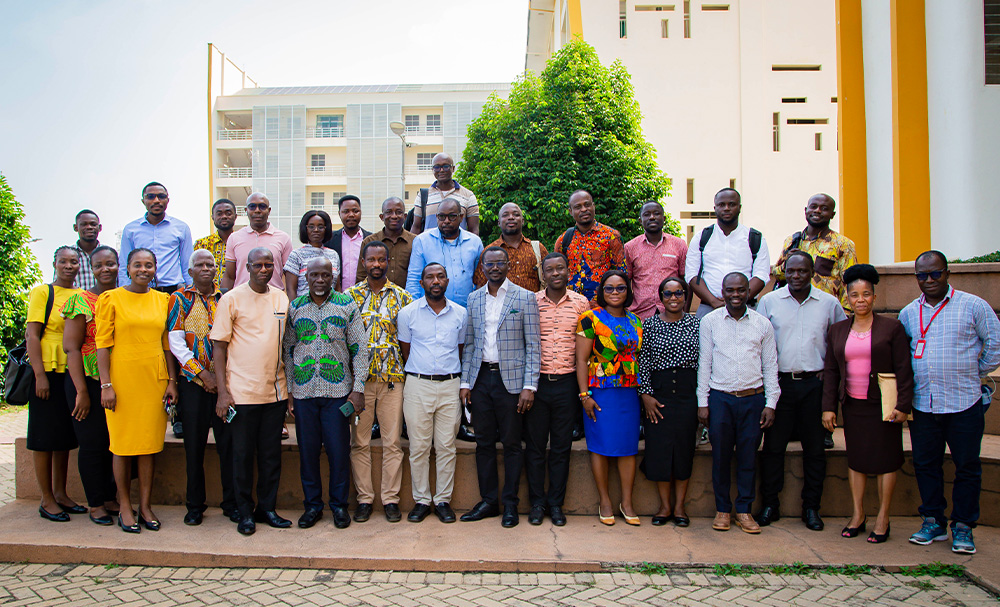Lower Education, Higher Smoking Risk: KNUST Study's Stark Warning on World No Tobacco Day

As the world marks World No Tobacco Day today, joint research from researchers at the Kwame Nkrumah University of Science and Technology (KNUST) reveals a concerning truth: Ghanaians with only secondary school education are a staggering 82.8% more likely to smoke, highlighting a critical link between lower educational attainment and tobacco use in the country.
This stark finding, published in the Scientific African journal, pushes for urgent action to curb tobacco use by addressing deep-seated socioeconomic factors.
The study sheds light on how education level, income, and place of residence significantly shape smoking habits. It found that middle-income earners constitute 53.4% of tobacco users, and urban dwellers face a higher likelihood of smoking compared to their rural counterparts.
Occupational status and access to mass media were also identified as crucial contributing factors, with these socioeconomic elements collectively accounting for over half of tobacco use among respondents in a detailed regression analysis.
The research further uncovered notable gender differences in smoking patterns, showing women to be 62.4% less likely to smoke than men, suggesting the need for gender-specific public health messaging.









